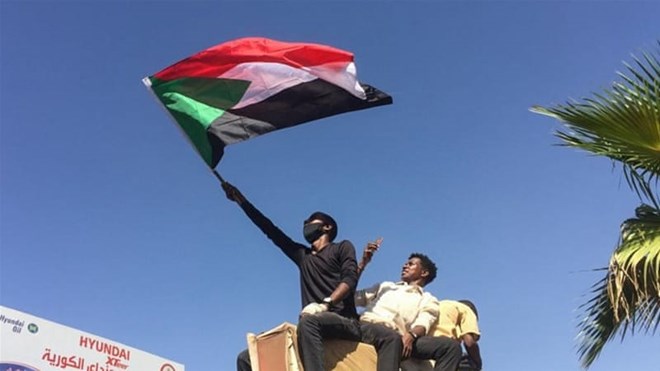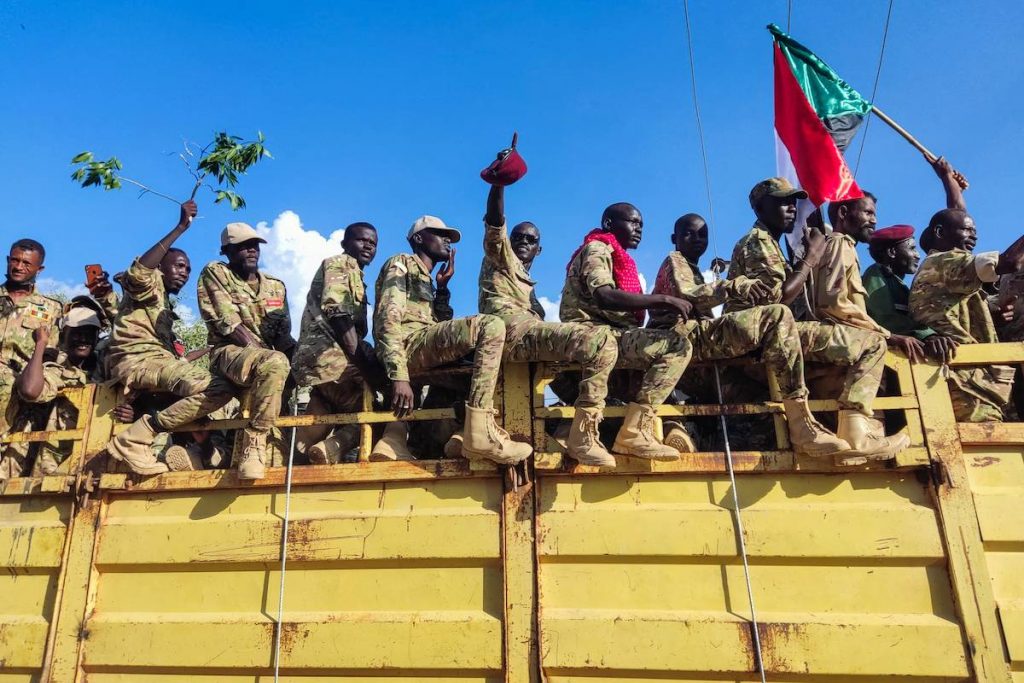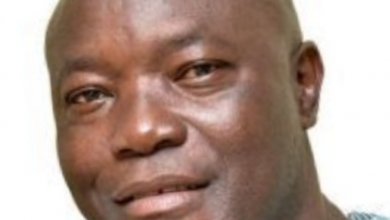Sudanese army breaks RSF siege on key city amid ongoing conflict

The Sudanese army has announced it has successfully lifted a nearly two-year siege imposed by the paramilitary Rapid Support Forces (RSF) on the southern state capital of el-Obeid.
The breakthrough came just hours after the RSF signed a political charter in Nairobi, Kenya, aiming to establish a breakaway government in the areas under its control.
Since April 2023, Sudan has been embroiled in a brutal conflict between the army and the RSF, which has resulted in tens of thousands of deaths and the displacement of millions.
The war has divided the country, with the army controlling the north and east, while the RSF holds most of Darfur in the west and parts of the south.
El-Obeid, the capital of North Kordofan state, serves as a crucial transportation link between the national capital, Khartoum, and the Darfur region.
The latest advance follows recent military gains, including the recapture of key areas in Khartoum from RSF forces.
There was widespread celebration in the city as Sudanese soldiers entered. Military spokesman Nabil Abdallah confirmed the victory in a statement, asserting that army forces had successfully destroyed RSF units.
Finance Minister Jibril Ibrahim described the development as a “massive step” toward breaking the RSF’s siege on el-Fasher, the capital of North Darfur province.
He added that the victory would also facilitate the delivery of much-needed humanitarian aid to Kordofan.
Sudanese civil society activist Dallia Abdelmoniem told the BBC Newsday program that the army’s success was “huge” and “significant,” as el-Obeid’s residents had been “held captive” by the RSF for nearly two years.
“The situation was horrific,” she said, highlighting that no medical or food aid had reached the city, which was already at high risk of famine and malnutrition. She expressed hope that humanitarian relief would now be allowed in.
Ahmed Hussein, a 53-year-old trader in el-Obeid, echoed this sentiment, telling AFP, “Lifting the siege brings life back to the city.”

Ms. Abdelmoniem noted that the army was making “serious groundwork in terms of moving towards the west,” where the RSF is mainly based.
Both the Sudanese army and the RSF have been accused of committing atrocities against civilians, with their leaders facing U.S. sanctions. The RSF has also been accused of genocide in Darfur, though both groups deny the allegations.
Meanwhile, Kenya’s role in hosting the RSF delegation last week has drawn criticism from some human rights organizations.
On Sunday, Sudanese Foreign Minister Ali Youssef declared that Sudan would “not accept” any country recognizing “a so-called parallel government.”
Sudan’s military government had previously warned of retaliatory measures against Kenya and has since recalled its ambassador from Nairobi.
In response, Kenya’s foreign ministry defended its actions, stating that it had “no ulterior motive” and was simply “providing non-partisan platforms to conflict parties.”
Source-BBC




